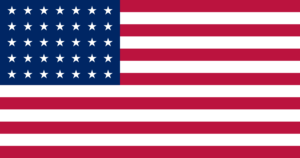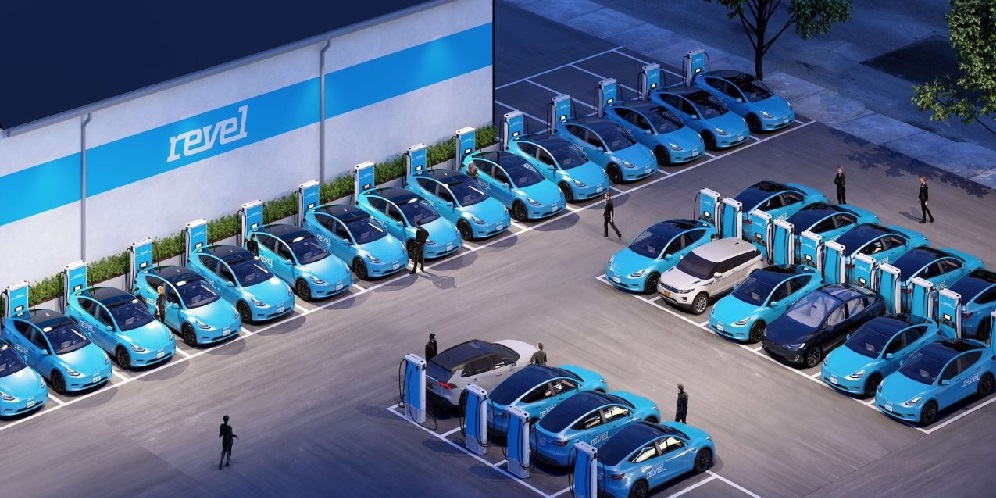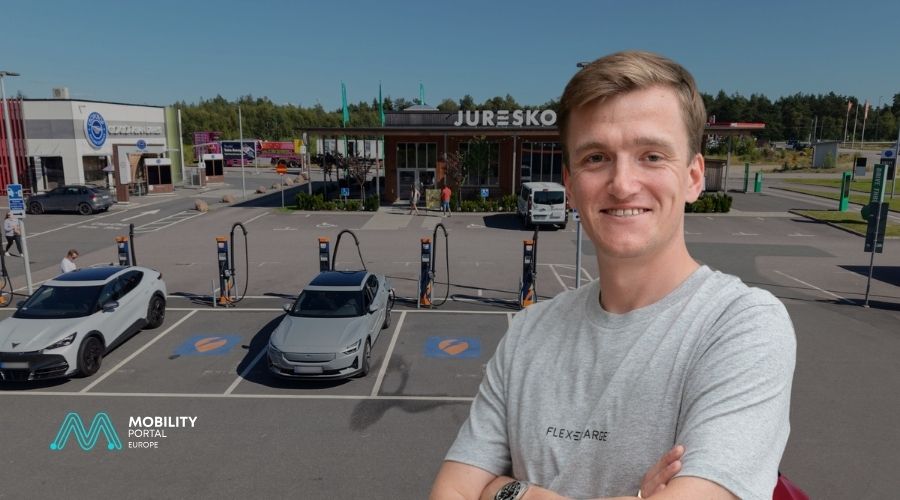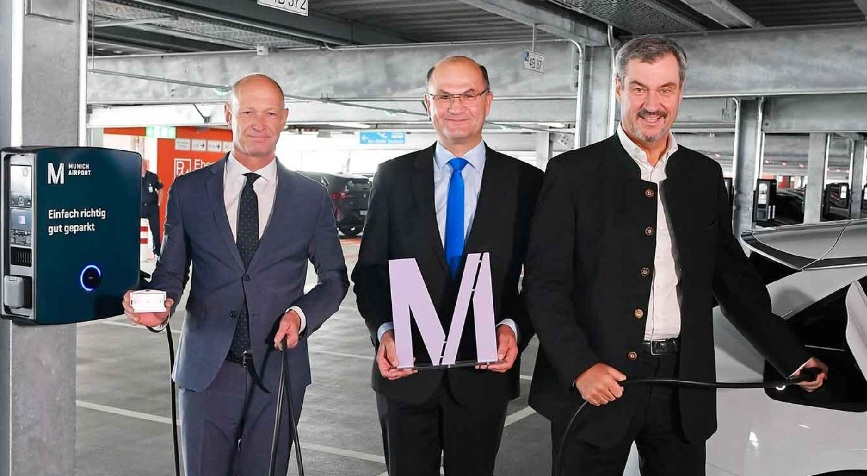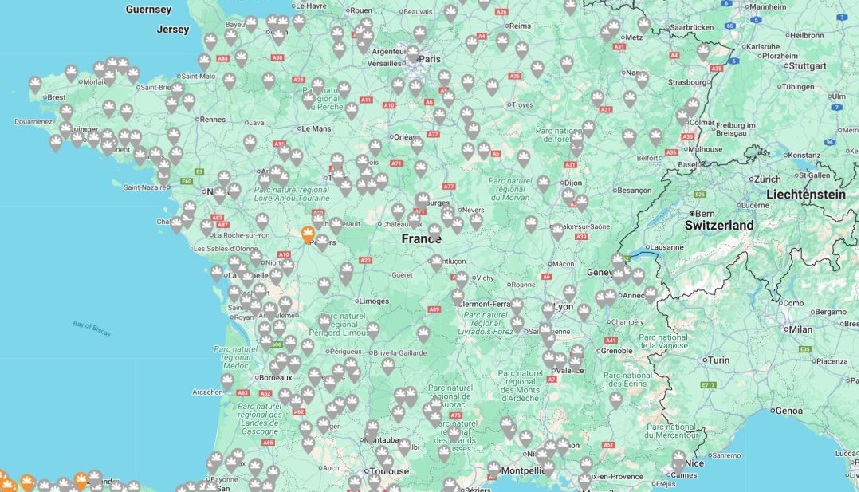Brooklyn-based electric vehicle (EV) charging infrastructure startup Revel on Monday launched its first fast-charging station in San Francisco, kicking off its plans to expand across the Bay Area over the next year.
“For years, Revel has operated the largest, fastest, and most reliable fast-charging network in New York City. Now we’re bringing our model to the number one EV market in North America,” says Frank Reig, co-founder and CEO of the company.
The Bay Area has some of the highest rates of electric car ownership in the country.
In 2024, more than 35% of new vehicle sales in San Francisco were electric, compared to the national average of around 8%.
Revel’s first West Coast charging station is in the city’s Mission District, and it features 12 devices with 320 kilowatts capacity, built by EV charging company Kempower.
Like Revel’s stations across New York City, these will be publicly accessible 24/7 to any make and model of EV.
The company said it has plans to add more than 125 chargers to the urban centers of San Francisco, Oakland, San Jose, and South Francisco over the next year.
San Francisco Mayor Daniel Lurie, who cut the ribbon at Revel’s opening Monday, said the new chargers will make it easier for residents to make the switch to EVs.
Revel’s San Francisco launch comes a week after the startup opened 24 new chargers at John F. Kennedy International Airport in New York City, located within the airport’s for-hire vehicle hold lot.
Last month, the company secured a 60 million dollars loan from New York’s clean energy investment fund NY Green Bank to more than triple its fast-charging network in the city.
The firm said it hopes to expand to 300 chargers in New York by the end of this year, including a 60-stall site in Maspeth, Queens and a 48-stall site outside of LaGuardia Airport.
Paul Suhey, co-founder and COO of Revel, says: “Our mission at Revel is to bring reliable fast-charging to dense urban areas where EVs can have the biggest impact on quality of life, but where charging is hardest to come by.”
Spurce: TechCrunch
READ MORE
-
Flexecharge CEO: “The Virtual Power Plant will reach new European countries in 2025 and 2026”
Following the success of launching the world’s first VPP based on high-power public DC chargers, Flexecharge will expand to new countries, partnering with major CPOs.
-
€5.2m investment: Munich Airport opens one of Germany’s largest public charging parks
With publicly accessible “e-charging stations” and the charging infrastructure for EVs and devices used on the airport aprons, Munich Airport currently has over 1,140 charging points.
-
Spanish CPO partners to expand its charging network in France with 2,500 points
This marks a crucial step in accelerating its presence in France, which still lags behind in public charging infrastructure, despite over 175,000 points already in place.



